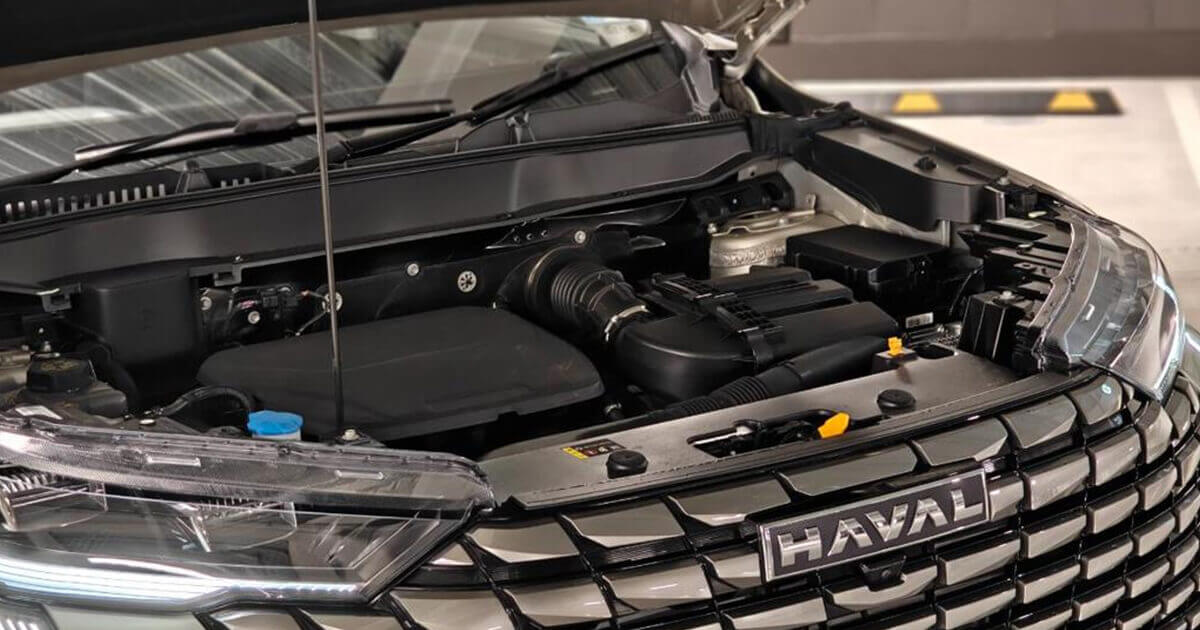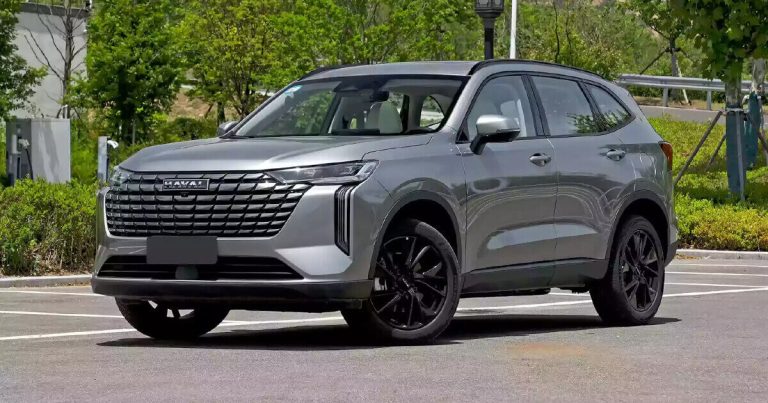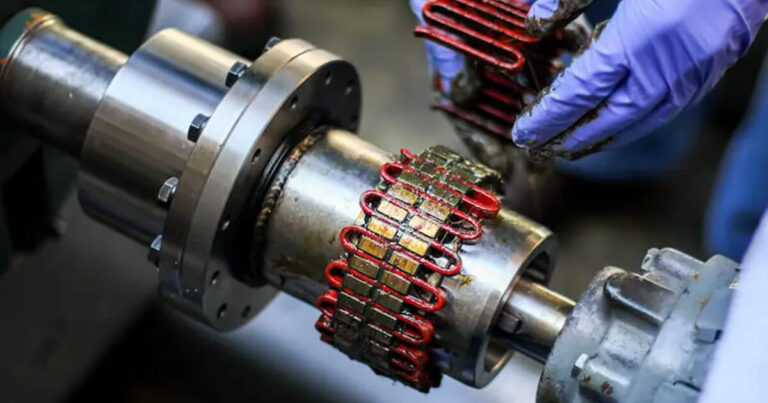Internal Combustion (IC) engines have been a revolutionary invention. They have played an essential role in shaping modern transportation, machinery, and industries as well. Petrol and Diesel engines are among the most prominent ones. They have added newer dimensions to the automotive industry and helped with the evolution of motor vehicles.
Despite their similar appearances, they are different. Both the gasoline and diesel engine are different. Apart from the difference of fuel, they also have different working mechanisms. Let us now proceed to understand the main difference between petrol engine and diesel engine.
Understanding a Diesel and a Petrol Engine
The Gasoline Engine
The petrol engine is an internal combustion engine that uses spark ignition. They run on a fossil fuel named gasoline (also known as petrol), which is quite volatile. It mixes air and fuel in a post-compression mix.
This engine works on the Otto cycle. It comprises two isochoric processes and two isentropic processes. Air and gasoline are mixed in a carburetor. Then they enter the cylinder. The fuel is ignited through an electric spark once both the air and fuel are compressed.
The Diesel Engine
This engine works on the compression-ignition model. Named after German inventor Rudolf Diesel, it is a combustion engine of sorts. A diesel engine injects fuel into a combustion chamber. This is ignited by the air’s high temperature in the chamber.
Adiabatic compression causes the air in the cylinder to reach a high temperature. These engines only compress the air, not the fuel. The engine undergoes spontaneous ignition once diesel is injected into the combustion chamber. This cycle comprises:
- A constant pressure process.
- A constant volume process.
- Two isentropic processes.
Understanding the difference between the two engines
The key difference between petrol and diesel engines is that gasoline engines work on the Otto cycle, while diesel engines work on the diesel cycle. Other differences between these two engines are attributed to the following factors:
- Structure of the engines.
- Their various types.
- Use of these engines.
The main parameter by which they are classified is the type of fuel they use. In the general sense, most vehicular engines run on the principle of heat transfer. We will now understand the aspects of both these engine systems.
- Diesel engines are cost-effective and have better mileage. This is due to their high energy density. Gasoline engines are comparatively more responsive but have higher fuel consumption.
- Compression-ignition engines have lower operational expenses, but at a greater initial expense. At the same time, gasoline engines have lower initial and higher running expenses.
- Gasoline engines provide a smooth ride. They are best for daily commutes.
- Diesel engines are suitable for heavy-duty applications, especially trucking.
- Gasoline releases carbon monoxide and hydrocarbons. Diesel releases nitrogen oxides.
Pros and Cons of Diesel Engines
| Pros | Cons |
|---|---|
| These engines have better fuel efficiency. | Initial running costs are high. |
| Diesel engines are stronger in design. | It is noisier than a gasoline engine. |
| They are the preferred option for handling heavy-duty loads and trucking applications. | Maintenance costs are also high. |
Pros and Cons of Gasoline Engines
| Pros | Cons |
|---|---|
| These engines are quieter and smoother. | These engines consume a good amount of fuel. |
| The initial costs of running a gasoline engine are also relatively low. | They are a good choice for driving within the city. |
| It is easy to maintain due to low maintenance expenses | It emits hydrocarbons and Carbon Monoxide (CO). They contribute to pollution. |
Choosing between a Diesel and Gasoline engine – which one of them is a better choice?
The debate of diesel engine vs petrol engine gets better. Their differences have been understood. Choosing between them depends on the habits and preferences of car owners. Let us now examine the decision to choose either of these two in brief detail:
Driving Habits and Preferences
A person’s driving habits play a significant role in determining their preferred fuel type. Those who drive frequently on the highway need fuel with greater efficiency, despite its high initial cost. Diesel engines are beneficial for such purposes in the long run.
However, if they are mostly driving in the city for daily business, errands, and routine tasks, then they can opt for gasoline.
Government Incentives and Regulations
Fuel prices significantly influence an individual’s purchasing decisions. They vary from region to region and fluctuate due to policies, prices, and other factors that differ across countries and regions.
Some countries and regions favor diesel in their state policies due to emission controls and other incentives. State governments have provided subsidies to encourage the use of these engines.
The type of vehicle and lifestyle
The debate between diesel engines and gasoline engines gets better. Vehicles needing a good amount of torque and commercial use can use the former. The high price of these engines and their vehicles is worth it.
The latter is best used for those traveling daily within city limits, i.e. driving to work and then returning home. The gasoline engine gives motorists a comfy ride and best performance.
Over to You
The petrol and diesel engine difference is evident. The reasons surrounding them influence buyers’ decision to purchase the vehicle they need. Preferences and requirements do come into play.
Long hauls and off-road driving are best done by diesel vehicles. Gasoline vehicles are best for inner city driving.
The difference between diesel and gasoline engines is one of the main reasons vehicle owners choose. This depends on their preferences and requirements. The former is best suited for driving long hauls and heavy loads, whereas the latter is more suitable for inner-city driving.
Each engine has different upfront and maintenance expenses. The decision should hence be made wisely to ensure there are no regrets among vehicle owners in choosing their preferred engine.




